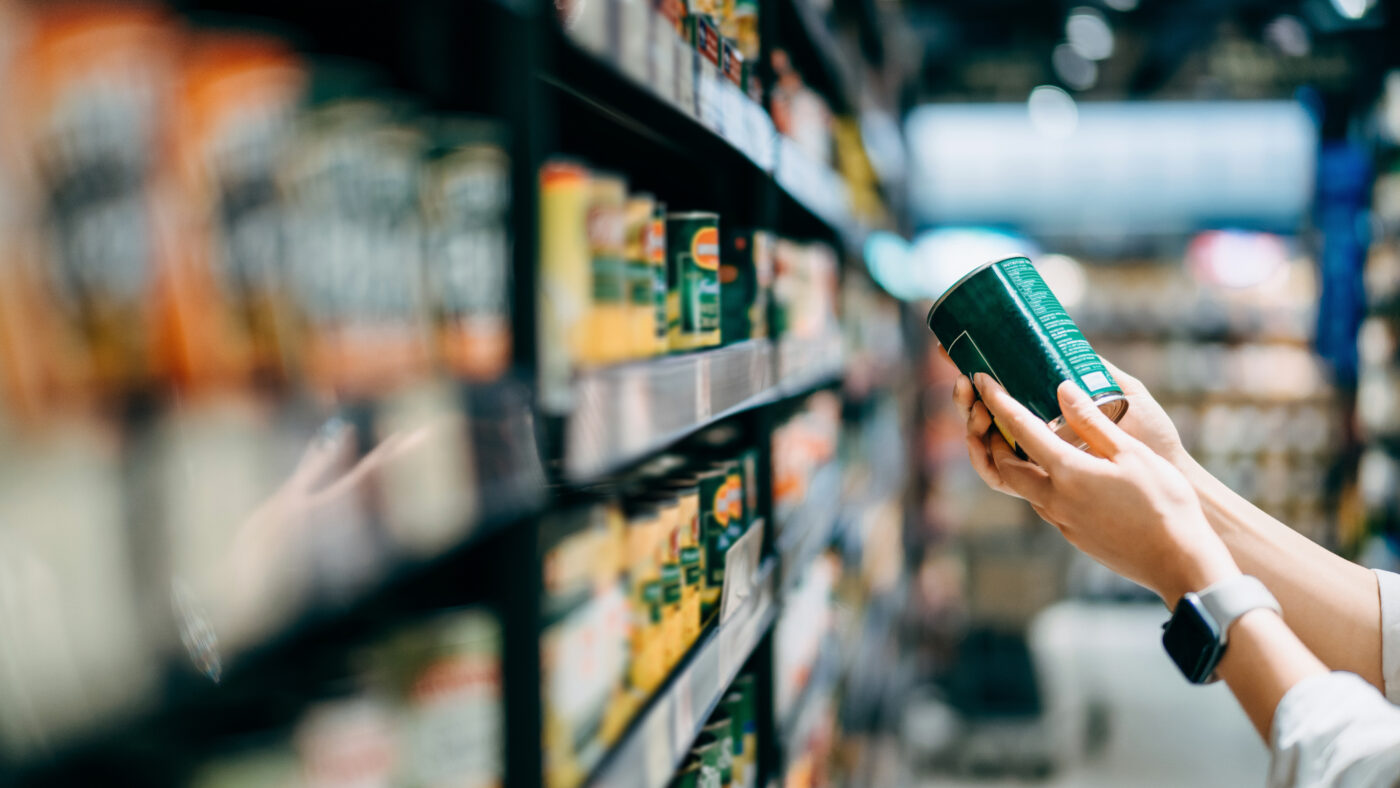The DEFRA Secretary Steve Barclay has announced plans to introduce labels on food products from countries which do not match the UK’s environmental or animal welfare standards. His reason for doing so is to stop British farmers being ‘undercut’ by foreign producers.
Barclay is wrong to be concerned about cheap food imports. Imports are a good thing. They increase competition which incentivises firms to up their game and become more productive. They also give consumers greater choice and cheaper prices. As such, the government should be actively promoting imports, not seeing them as something to fear.
However, the food labelling itself has the potential to be beneficial. For example, it will increase transparency, giving consumers better information on which to base their choices. The public is rightly concerned about the environmental and animal welfare standards. Therefore, they have a right to know how their food is produced.
It could also help to strengthen animal welfare and environmental protections in other countries. If farmers exporting to the UK see that there is less demand for their produce due to environmental and animal welfare concerns, it should encourage them to shift in order to meet the preference of consumers in the world. We do know that trade deals have led to improvements in animal welfare in the past, and so there is no reason why this should not be the case in the future too. Obviously we do need to be doing much more to make improvements in these areas – and this is where the UK government should be taking the lead at international forums by pushing for higher standards in every country.
Finally, labelling could help to overcome one of the biggest barriers to increasing trade with the United States. A free trade deal with the US would be very significant for the UK and could truly be seen as a Brexit win. Giving UK firms unrestricted access to the richest country on Earth and its 330m consumers would be a much-needed boost for British businesses, increase wages, create jobs, and would demonstrate Global Britain in action. It would also be good news for consumers who would have greater choice and access to cheaper products thanks to imports from the US.
However, getting a trade deal with the US is tricky for a number of reasons. At the moment, America just isn’t that interested in doing a deal with anyone. Even if the US does decide to embrace free trade again, the negotiations would stall due to agriculture. As someone who worked on the UK’s trade negotiations – including with the US – agriculture is always a sensitive topic. Every country wants to protect its farmers from foreign competition and gain greater market access in other countries for them. We saw scare stories published during the US and CPTPP negotiations that Britain would be forced to accept hormone treated beef and chlorinated chicken. It’s a testament to the skill of the UK’s negotiators and officials – and also successive trade secretaries – that this wasn’t the case.
Agriculture wasn’t the only reason negotiations with US petered out, but it was one of them. It is highly unlikely that any US administration would agree to a trade deal with the UK which did not see us accepting produce such as hormone treated beef and chlorinated chicken. Unfortunately this would be opposed by the farming lobby, various newspapers, celebrity chefs, and whichever party is in opposition.
While it is perfectly reasonable for people to object to consuming food produced in this way if without knowing, this is not true if the products are clearly labelled. Given that both chlorinated chicken and hormone treated beef are perfectly safe for humans, it would be wrong for UK consumers to be deprived of the option of buying it due to the preferences of other people. These products might not be to everyone’s taste, but they would likely be less expensive and so reduce the shopping bills for many households and help to tackle the cost of living crisis.
The government shouldn’t be giving domestic produce preferential treatment. However, clear labelling can improve consumer choice, help to tackle the cost of living crisis, and protect our environment. We should welcome it.
Click here to subscribe to our daily briefing – the best pieces from CapX and across the web.
CapX depends on the generosity of its readers. If you value what we do, please consider making a donation.


